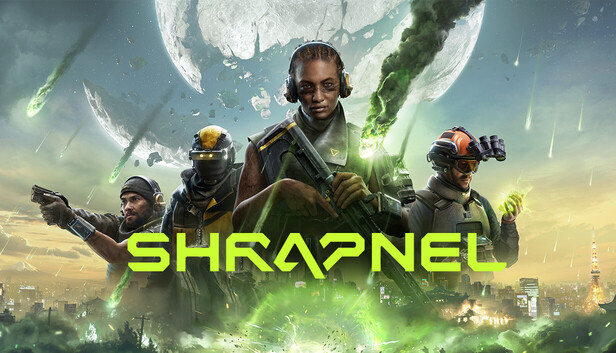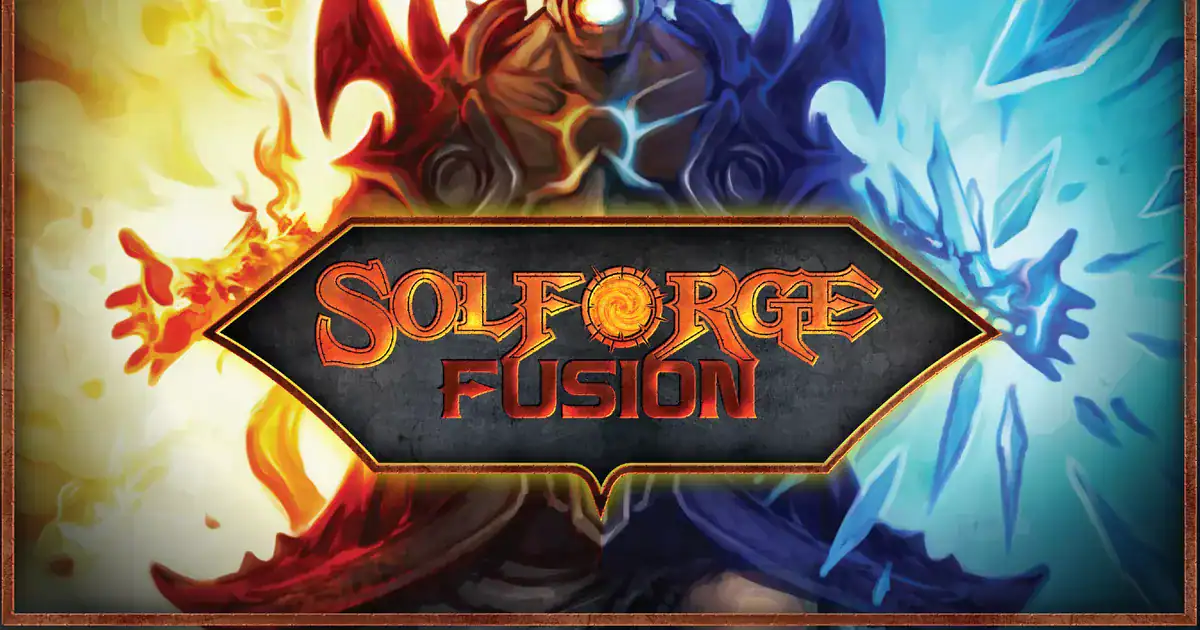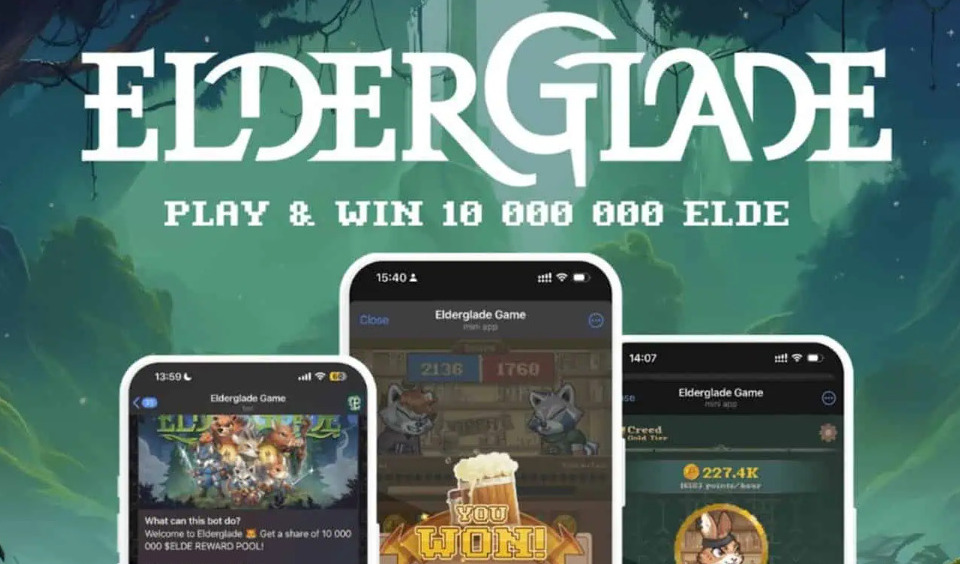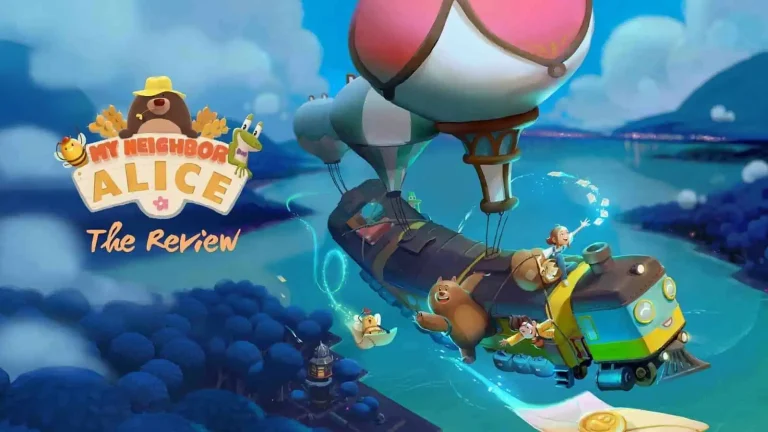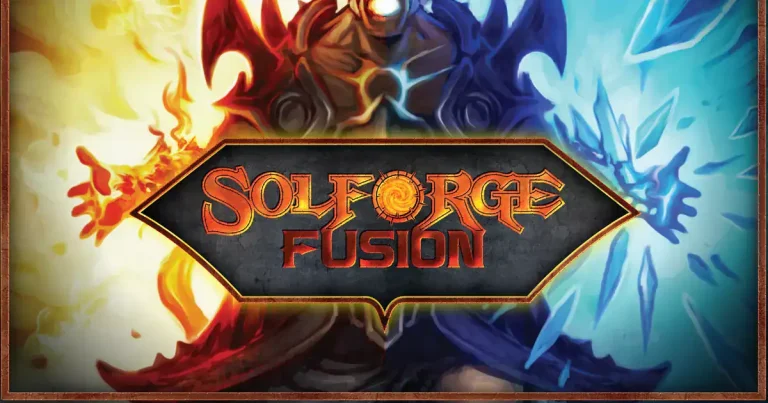Tl;DR
- Zone Nine began its closed playtest on the Ancient8 blockchain.
- The game combines PvP and PvE in a 5v5 survival format.
- It features dynamic weather affecting gameplay and strategic decisions.
Zone Nine, a new zombie survival game built on the Ancient8 blockchain, began its closed playtest on Halloween, opening participation to a limited group of players. The trial marks a key stage in the project’s path toward public release, gathering feedback on its mechanics, structure, and player experience.
The game, titled “Zone Nine: Nihilation,” combines PvP and PvE modes within a 5v5 team format. Players compete while managing core survival factors such as hunger, thirst, and stamina. Each team controls a shared pool of 20 lives and must reach 999 points by completing in-game objectives. The design encourages coordination and decision-making under pressure, creating a balance between direct combat and tactical endurance.

The use of Unreal Engine 5 supports an advanced simulation of weather and lighting. The environment shifts between fog, storms, and nighttime, directly affecting player vision, mobility, and item consumption. High-risk areas on the map provide valuable resources but carry the danger of stronger enemies, demanding strategic judgment about when to engage or retreat.
Blockchain Integration and Asset Ownership
Developed on Ethereum’s Layer 2 via Ancient8, Zone Nine introduces blockchain-backed ownership for weapons, equipment, and consumables. Each item varies in rarity and effectiveness, allowing players to collect and exchange digital assets within the game’s internal economy. The model connects competitive gaming with verifiable asset control, a feature becoming increasingly common in blockchain-based titles.
During the playtest, participants encounter a range of AI-controlled zombies—from standard “wanderers” to larger boss entities such as Meat Spider and Meat Tank. Each encounter influences progression, testing both skill and resource management.
Zone Nine’s closed playtest signals the developers’ intent to merge esports structure with blockchain functionality, using controlled feedback to refine gameplay before broader release.


